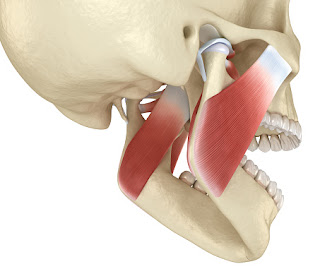The PCS Condition
Post-concussion syndrome is a condition in which the symptoms of concussion or a head injury last long after the initial injury. PCS can last for months or years, but the symptoms improve over time, and, in most cases, people make a full recovery. In this article, we look at the symptoms of PCS and how long they last. We also cover causes and risk factors, diagnosis, treatment options, and possible complications.
Post-concussive syndrome refers to persistent concussive like symptoms that result following a traumatic brain injury. Anywhere from 30 to 80 percent of patients with mild to moderate brain injury will experience some symptoms of PCS. Symptoms start within a few days after the head injury and usually persist after three months. Fifteen percent of patients will have symptoms one year later. Usually patients do not exhibit neurologic deficits on examination, but report headache, fatigue, dizziness, impaired memory, difficulty concentrating, insomnia, irritability, as well as lowered tolerance of stress or alcohol. Several other associated symptoms are known to exist in patients with PCS.
Studies have shown that in concussion there is damage to the neurons, or microscopic parts of the brain that make connections within the brain. There are often very small hemorrhages and swelling in the brain. This damage may result in problems in how the brain processes information which may lead to the clinical signs and symptoms of PCS. Unfortunately, common tests in the clinical setting typically do not identify this physical damage. Newer, more sophisticated imaging technologies are more effective in capturing the damage that occurs in concussion. Unfortunately, this equipment often isn’t readily available and is quite expensive.
Concussions resulting from car collisions, falls, assaults and sports injuries are commonly associated with post concussive syndrome. However, the severity of the type of injury does not predict whether a person will develop post concussive syndrome. Screening patients in the emergency department for immediate memory problems, delayed memory problems, as well as severity of injury-related headache may also predict which patients are at risk for PCS. A past medical history that includes having headaches, a prior traumatic brain injury, or a prior psychiatric illness such as depression or anxiety may predict the development of persistent PCS.
Medical providers typically develop an individualized treatment plan to alleviate the patient’s symptoms. Treatment plans often include prescriptions for pain medications, anti-nausea medications and anti-depressants. Non-pharmacologic therapy may include early psychological intervention, cognitive rehabilitation as well as physical and occupational therapy.
Tips to aid recovery following a concussion include: get plenty of sleep at night, rest during the day, avoid physically demanding activities or activities that require a lot of concentration, and do not drink alcohol or use other non-prescribed drugs. Adequate rest is vitally important as it helps the brain to heal. Slowly and gradually returning to work or school is advised. If symptoms return or a patient develops new symptoms as activity increases, it is a sign that the patient needs to cut back on activity level.



Comments
Post a Comment